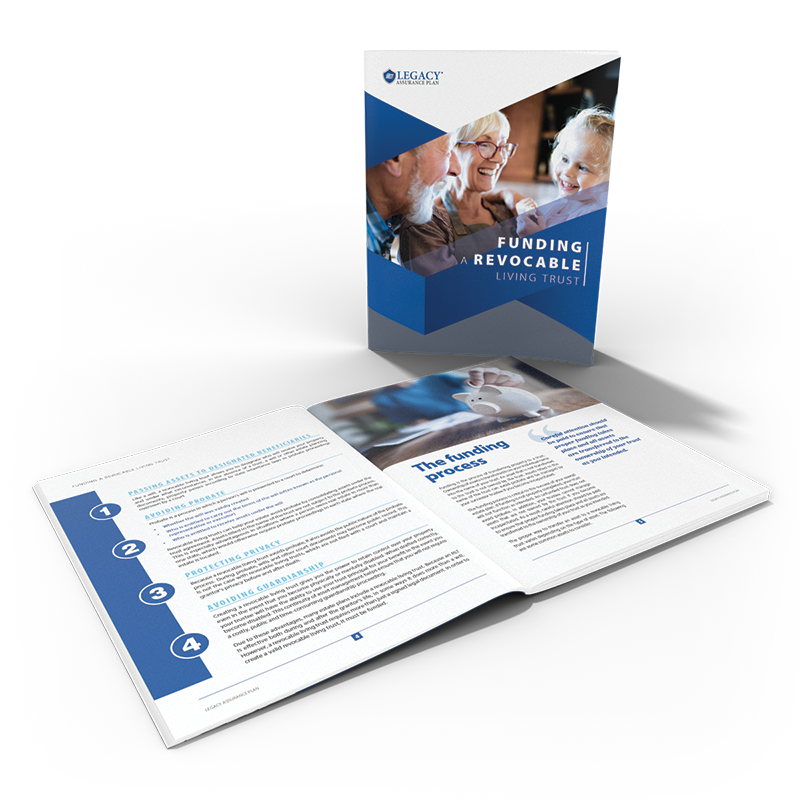Revocable living trusts are popular estate planning tools that are used as the foundation of a comprehensive estate plan. While a trust is a valuable estate planning tool that can help protect you during your lifetime and create a legacy for your beneficiaries, a trust's effectiveness will be diminished if your trust is not correctly funded.
Funding is the process of transferring property to a trust. Ownership of assets is transferred from your individual name into the name of your trust. An asset that is not transferred to the trust is not owned by the trust. Assets titled in the name of the trust can avoid probate and be managed by your successor trustee if you become incapacitated.
The funding process is critical to the success of your overall estate plan. If funding is not properly completed, your revocable living trust will not function as intended. An unfunded trust does not avoid probate. In addition, your trustee cannot manage assets that are not owned by the trust if you become incapacitated.
Funding involves transferring ownership of the following types of property to your trust:
- Personal property with titles
- Personal property without titles
- Intellectual property
- Bank accounts
- Real estate
- Securities
- Business interests
- Digital assets



